A few weeks ago I wrote about how our bank accounts (i.e. our transactions) can say a lot about us and our values. I shared that although I feel good about what my transactions say now, I didn’t always feel that way. Today, I want to share a little bit more about my personal journey.
Spoiler Alert: It feels a little uncomfortable to publish this post because my past relationship with money is not at all what you would want from a financial coach but, I think, like teachers who are particularly good at teaching subjects they struggled with in school, my past financial struggles help me better empathize and strategize with my clients.
And, if nothing else, maybe my embarrassing story will bring you a little joy. That’s worth it in my book!
Let’s go back to the mid-2000s…
You know, when this song was cool. And these looks (check out slide 15). And this movie.
I was in undergrad and once I moved off campus my parents started giving me a monthly allowance that I could use as I saw fit. I truthfully do not remember how much it was (I wish I had written this all down!), but I remember that it felt like almost enough most of the time. I always paid my rent first and then would willy nilly make it through the rest of the month. I have vague memories of “budgeting”, but I did it in the exact way that I teach clients not to do now. I wrote down how much money I “made” and then came up with what felt like reasonable guesses for my expenses. I finished the exercise, realized that if my guesses were right that it would be a really tight fit to do everything, promptly closed my notebook, and then never looked at the exercise again.
But, of course, my guesses weren’t right. No one’s guesses are right.
And that meant that sometimes, especially at the end of the month, I was having to make difficult decisions about what to pay for (thankfully, I did not have a credit card until I graduated or I would have started my credit-card-debt-rack-up-journey multiple years earlier than I did).
I have one particularly embarrassing memory of this decision making process:
As a kid I was allergic to bee stings. I had five years of allergy shots, so am likely not allergic anymore, but haven’t ever been tested again to confirm (**pauses to make Allergist appointment**). I had always carried an Epipen, but didn’t realize how expensive they were until it was time to refill the prescription. I have a strong memory of getting to the pharmacy, realizing that if I paid for the Epipen I wouldn’t have enough money to go here ⬇️
Aaaannndd…I have never owned an Epipen since 🤦♀️🤦♀️🤦♀️
If nothing else will convince you that 22 year olds do not have fully formed brains, then I don’t know what will.
Anyway…long story short - I don’t have my old bank records, but if I did I can guarantee that my “bank account values” list would look something like this:
Partying
Rent
Clothes
Restaurants
I don’t actually think I would have been embarrassed by that order when I was 22. In fact, I bet I would have been proud of it. And, truthfully, the real problems didn’t come for me until I got credit cards and started living beyond my means, but that’ll be a story for a different day.
The point is that our values and priorities can, and should, shift over time. What this means in reality is that sometimes our values shift faster than our financial habits and in order to catch up with ourselves we need to take the time to check in with our spending and our action plans. Because, if we aren’t analyzing, reflecting, and learning, then we can end up drinking our Epipen money away.
Okay. I think I’ve aired enough dirty laundry for the day.
As always, I’m rooting for you.
XOXO,





